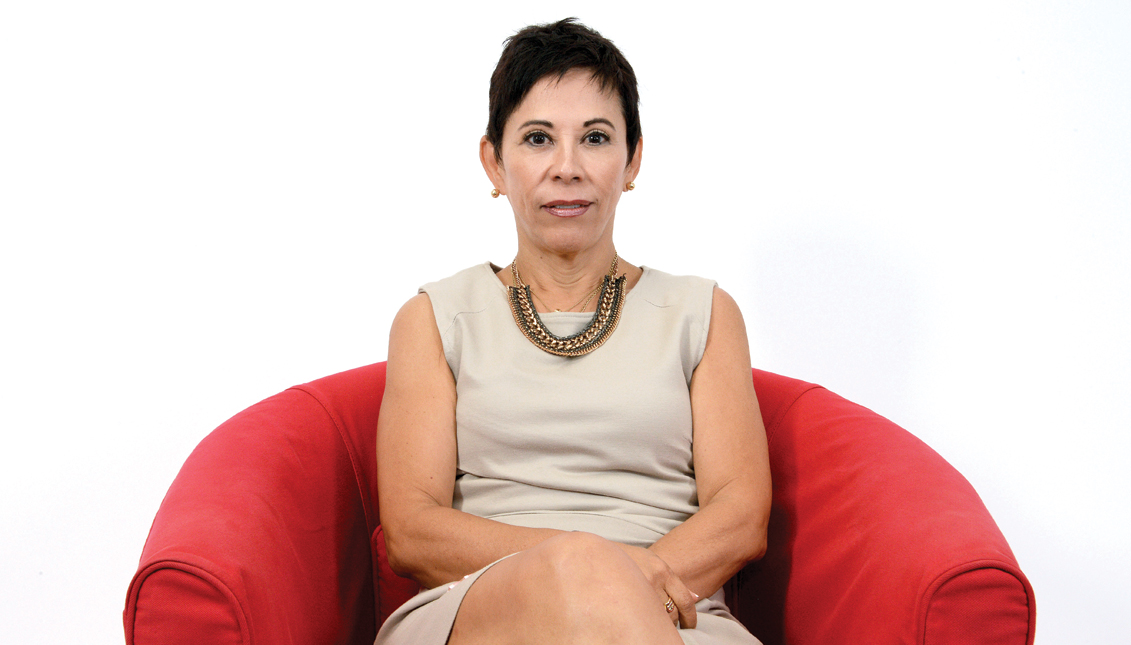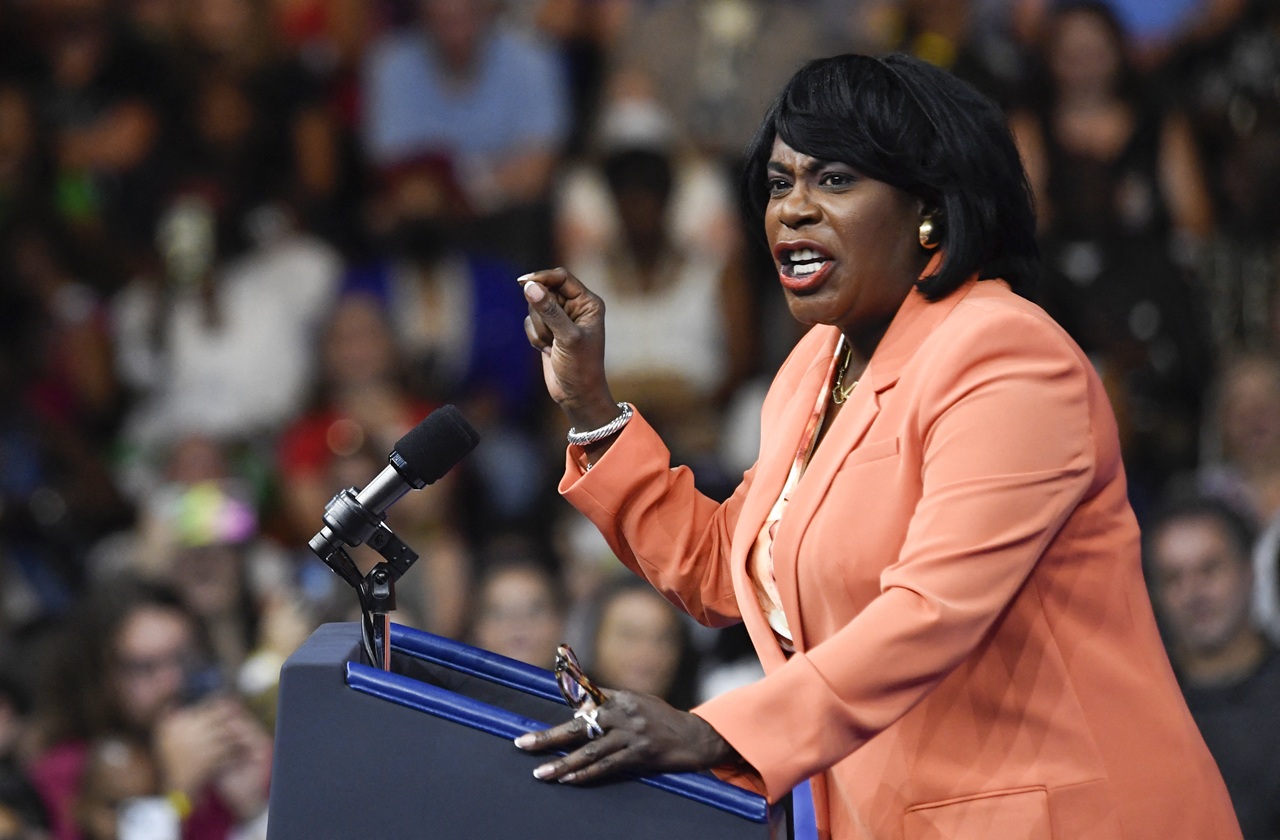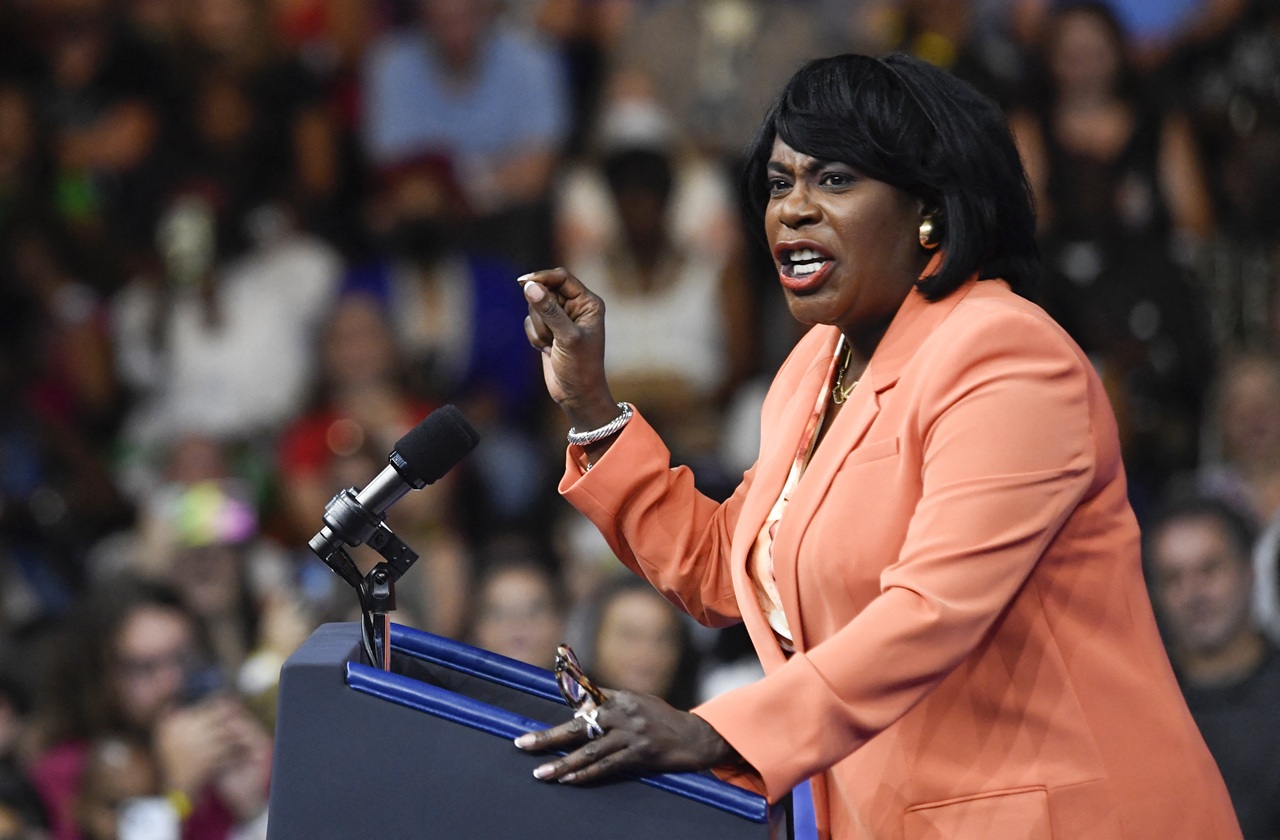
“El Grito” The Cry for Freedom Echoes On
Amidst national focus on immigration issues, Alicia Kerber Palma is focusing on worker’s rights in her new station as Mexican Consul of Philadelphia.
Amidst national focus on immigration issues, Alicia Kerber Palma is focusing on worker’s rights in her new station as Mexican Consul of Philadelphia.
"8 million jobs in United States depend on the trade with Mexico, when you focus only on immigration issues, you’re not talking about the complete reality of the bilateral relation,” said Consul Kerber.
The Consul plans to continue the work she did in Kansas for immigrant workers with a renewed focus on women. The initiative is specifically geared towards women and their needs as workers and heads of households who need additional care. During our conversation, she highlighted that as women come to America and provide for their families, they have a particular set of needs that the initiatives she proposes will address. As 49% of migrants are women, this important sector can be greatly helped by her efforts.
The Mexican Consul went over a variety of topics with us, from the celebration on the 18th to her plans as she embarks on her new journey in her position in Philadelphia.
From immigration to worker’s rights, Philadelphia’s Mexican Consul Alicia Kerber Palma has been dedicated to helping Mexican immigrants throughout the world, from Ireland to Kansas. She stated her recent placement in Philadelphia has become it’s own particular challenge and she’s excited to begin working with the city.
According to the Historical Society, the second largest Latino population in Philadelphia is Mexican. And as we near Hispanic heritage month and the “El Grito” cries ring out into the crowd, the ceremony acts as a way to reflect on the ways in which the same spirit of the cry can affect issues going on today.
When Miguel Hidalgo y Costilla shouted the cry for freedom in the early morning hours of September 16, 1810, he started the beginning of a decade-long fight that led to the independence of Mexico.
A war that lasts a decade is a war that is won by the ongoing and tireless efforts and sacrifices of countless men and women. It is a fight that is endured for an idea. And that idea throughout history has been freedom.
And as Consul Kerber narrowed her focus, she stated she had not only plans, but hope.
“People must appreciate workers and immigrants in the real dimension that they have,” she stated. It is with this hope her journey begins.
Thank you for coming. I know that the event should be pretty big. What part of the event do you think you would be most excited for?
Mexican Consul Alicia Kerber Palma: I think that the complete event is going to be very exciting for all the people. But if you are asking me as consul of Mexico, for me the civic ceremony is going to be one of the most important parts of the event. Because in that moment, we emulate what happened along time ago, when the independence movement began in Mexico. In that time, the Priest Miguel Hidalgo went out to the church and called all the Mexicans to fight for their independence. So that’s why we call the ceremony, “El Grito,” because we emulate the shout he made in Mexico a long time ago. [...] We get connected through the ceremony that [to those] who live abroad and it’s made by all the democratic Mexican representations around the world. That’s my part.
 News: How important do you think it is to keep those traditions going?
News: How important do you think it is to keep those traditions going?
I think if you think about it, Mexicans never get disconnected with our heritage, and with our culture, or from our traditions. Wherever they go, they are going to be connected with the traditions that we have because the Mexican culture is one of the most ancient cultures in the world. So we have traditions that come from many centuries ago. That’s why the Mariachi or the Mexican comida have been declared international heritage. Because it’s not that they are famous around the world, or that everybody knows them, it’s because they are linked to that tradition, the community, to the land, to that type of work that people do in Mexico. That’s why we think that when we celebrate these types of festivities in any other country, the community immediately feels connected with that. Not only because it is a party, but because it is the heritage they have with our country, with our land, with our traditions, with our culture.
So you were previously the Mexican consul in Kansas. During your time in Kansas, you spoke about the North American Free Trade Agreement and you stated the border of Mexico is not just about migration but also about market. How important do you think this event is to the financial community in Philadelphia?
I think that this celebration is the bottom of a complete package that Mexico and the United States have. It’s not talking just about the market that Mexico has with the United States, it’s talking about the trilateral trade the Mexico, Canada, and the United States had. If you take in account that for example, 40 cents of each product the United States imports from Mexico is from United States you can consider that those 40 cents of each dollar, is creating jobs in the United States. Just to let you know, 8 million jobs in United States depend on the trade with Mexico, when you focus only on immigration issues, you’re not talking about the complete reality of the bilateral relation. We’re talking about [...]1 million dollars per minute are traded just on the border. 1 million crosses are done just in the 36 border points that Mexico has with the United States done on a regular basis [...] So that gives you an idea that you cannot just stop that dynamic by putting just a fence. That dynamic is going to continue because it’s beneficial for both countries, for United States and Mexico. Mexico is not asking nothing of the United States, it’s not like we depend on the United States, we have a market that if offering an open market with 42 countries and we are receiving a lot of investments from other countries. That’s why it’s also important for the United States to have this type of connection with Mexico because they are also winning in the trade they have with Mexico.
The relationship between Mexico is not a problem of putting fences, it’s a problem of closed minds. We have to open the minds of people and let them know about the reality of the relationship between the United states and Mexico. That goes beyond immigration issues.
What are the key differences between Kansas and Philadelphia? Is Philadelphia more welcoming?
I think there are many similarities because there are a lot of leaders who are working for their community, especially women leaders. I work wonderfully with them. Here, I have found a lot of leaders who are willing to work with the Hispanic community. [...] and that’s why I’m trying to push up the initiative we had in Kansas the Beneficial Integral de Mujeres - A Window to Empower Women - immigrant women especially. If you take into account that 49% of the migrations are made by women, you can imagine all the help we can do through the consulates to really empower this important sector of the population. So that’s why we’re willing to work with these leaders and work with migrant women and the civil organizations, and the law authorities because there is a huge potential when you work with migrant women, when you open the door, and give them the power they require or the facilities they require to have a better life, you are helping a family, you are helping a country.
RELATED CONTENT
As you mention as the Women’s Comprehensive Care window, do you feel you will be successful in having that implemented?
I hope that I can be successful. I created this window in Kansas, as I told you. And because of the results I had then, the minister and secretary of foreign affairs, he decided to replicate this window in the consulates that we have today in the United States. Just yesterday, the consulate in Milwaukee was opened. [...]I’m sure we’re going to have a lot of potential working here in the United States.
You mentioned there’s a lot of focus that goes to the male immigrants, when there’s a majority of female immigrants. Do you feel as if they have twice as much difficulty going through the process as the men would?
When people talk about immigration, they always talk about the men that come from another country to work for their families, and have a better life for their families, and send money to their families wherever they are. But they don’t think that same process has been done since the 80s by women. Each time women are traveling abroad because they have the same spirit. They want to have a better life for their families. [...] We have to view migration through another glass now, let’s focus on women.
Here in Philadelphia we are a sanctuary city. How do you think you can buffer the rift between law enforcement and immigrants?
We work wonderfully with all the law enforcement. We have a huge communication with them. We respect the work they do and they have respect for the work that we are doing. I think that when you have that type of communication, an open dialogue, it’s better for everybody. And I hope we continue to work in that same spirit here in Philadelphia.
It must have been difficult to make that transition from Kansas to Philadelphia.
I have made so many transitions. I have been in Ireland; I have been in Colombia; I have been in Honduras; I was in Washington; I was in Kansas and now I am here in Philadelphia. So for each move, it has been a new challenge. I hope that I can do very well in this new challenge.
What is your hope for all the immigrants?
I would like for them to be considered in the real dimension that they have. They have been contributing to the greatness of this country in a huge percentage, they contribute not only in taxes, they are payers, they buy a lot of things, they own houses, they work very hard. So people must appreciate workers and immigrants in the real dimension that they have. [...] I hope that can happen in the future.











LEAVE A COMMENT: